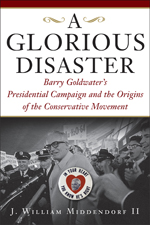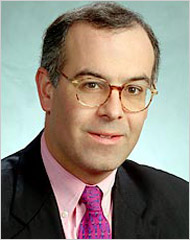Of the three "views" discussed in Wessel’s original commentary, the following excerpt just includes the one that I share:
With the billions of dollars they are spending, Bill Gates, Warren Buffett, Bill Clinton and Bono are likely to make progress in their quest to prevent treatable diseases from killing millions of people. Nearly all of these people live or will live in poor countries.
That worries economist Simon Johnson. He doesn’t doubt the moral imperative to fight disease. Still, he wonders: "Do we really know how to help the poor people — the increasing number of poor people? Do we really know how to help them out of poverty?"
Such questions haunt academics, governments, international institutions and global do-gooders. They are impressed with China’s rapid modernization, though puzzled that it has done so well without following standard precepts. They are disappointed and puzzled that Latin America nations haven’t done better, especially because so many did take the advice of the experts. They are depressed and puzzled by the continued widespread misery in Africa.
With intellectual humility, Mr. Johnson, a professor at Massachusetts Institute of Technology’s Sloan School of Management, faced a roomful of peers at the annual meeting of the American Economics Association last weekend and said, "Public health had the germ theory of disease. Economics has made great progress, but it’s still waiting for its ‘germ theory of disease.’" That probably overstates the challenges remaining to public-health warriors — avian flu, AIDS/HIV, malaria and all — but not the shortcomings of economic understanding of what poor countries should do to achieve sustained growth.
. . .
A third view is that earlier economists focused on the wrong thing. Mr. Johnson, among others, argues that what really matters is having solid political, legal and economic institutions — courts, central banks, honest bureaucrats, private-property rights — that allow entrepreneurs to flourish. Imposing what seem to be sound economic policies on corrupt, incompetent or myopic governments is doomed. Building strong institutions is a necessary prerequisite. In this camp, there is a running side argument about which comes first: the institutions or the educated people who create them. Was the Constitution key to U.S. success, or was it Jefferson, Madison and Hamilton?
For the full commentary, see:
DAVID WESSEL. "CAPITAL; Why Economists Are Still Grasping For Cure to Global Poverty." The Wall Streeet Journal (Thurs., January 11, 2007): A7.
 Screen capture from the MSN web site whose link is given below.
Screen capture from the MSN web site whose link is given below.

 Source of book image:
Source of book image:  David Brooks. Source of photo: online version of the NYT commentary cited below.
David Brooks. Source of photo: online version of the NYT commentary cited below.